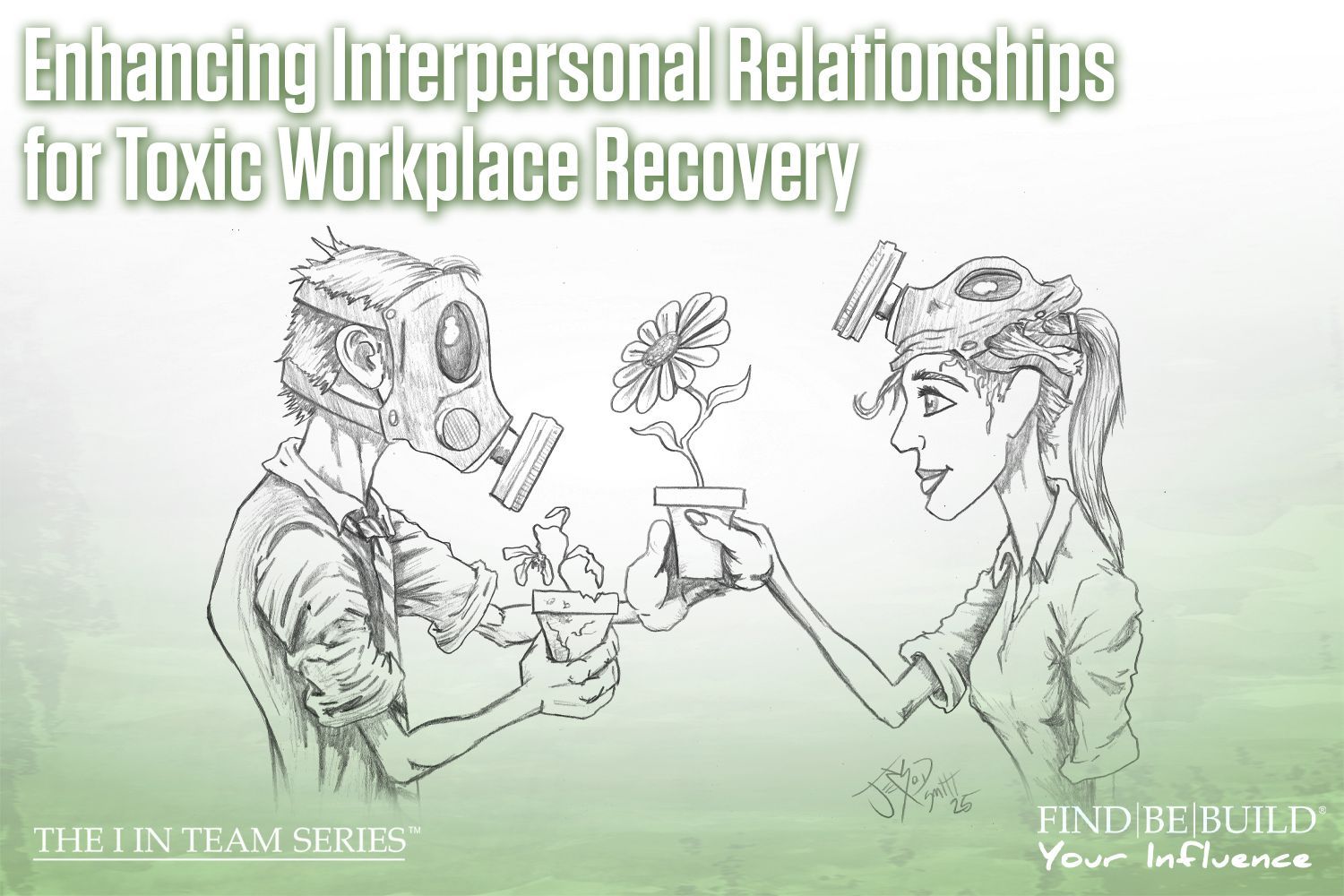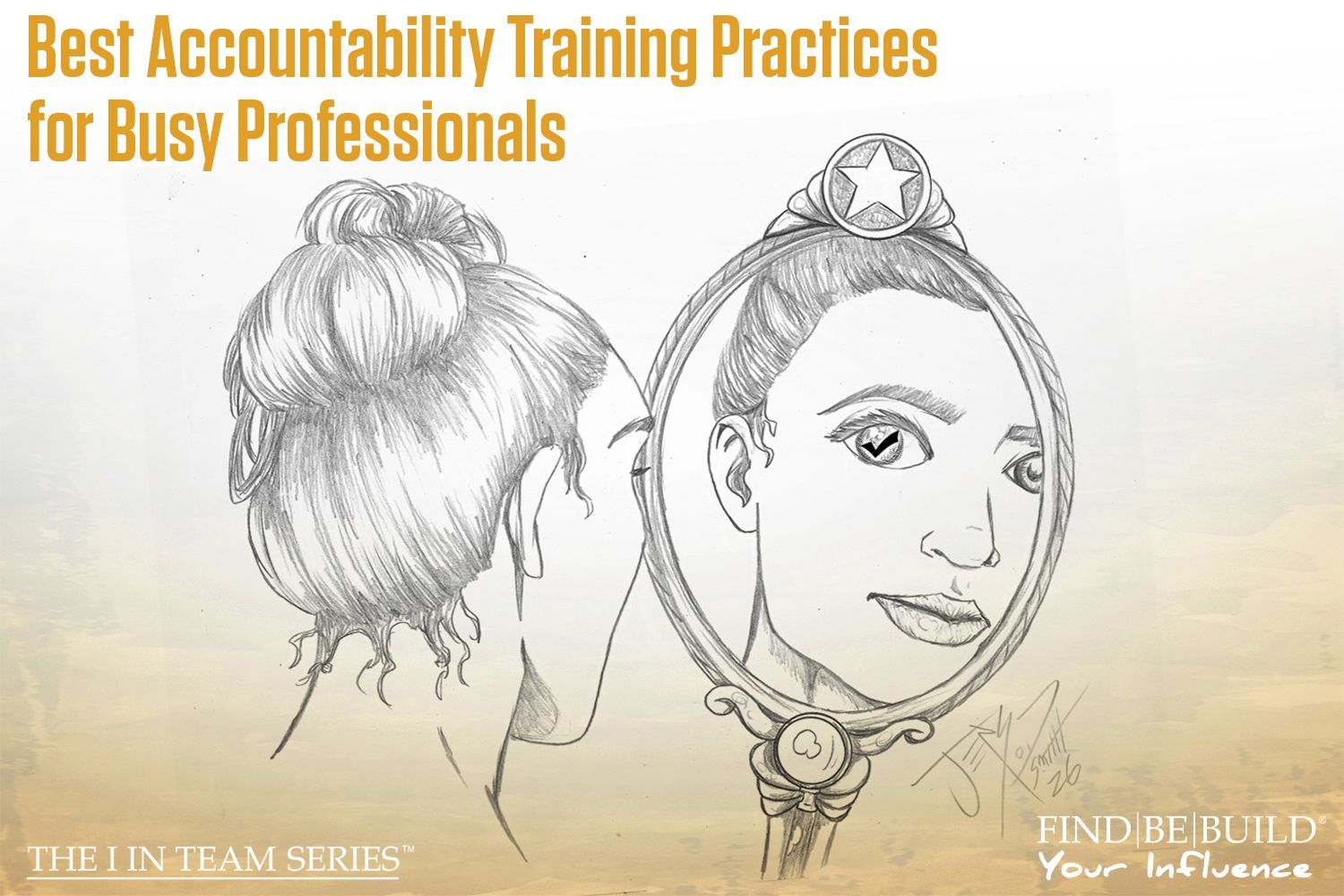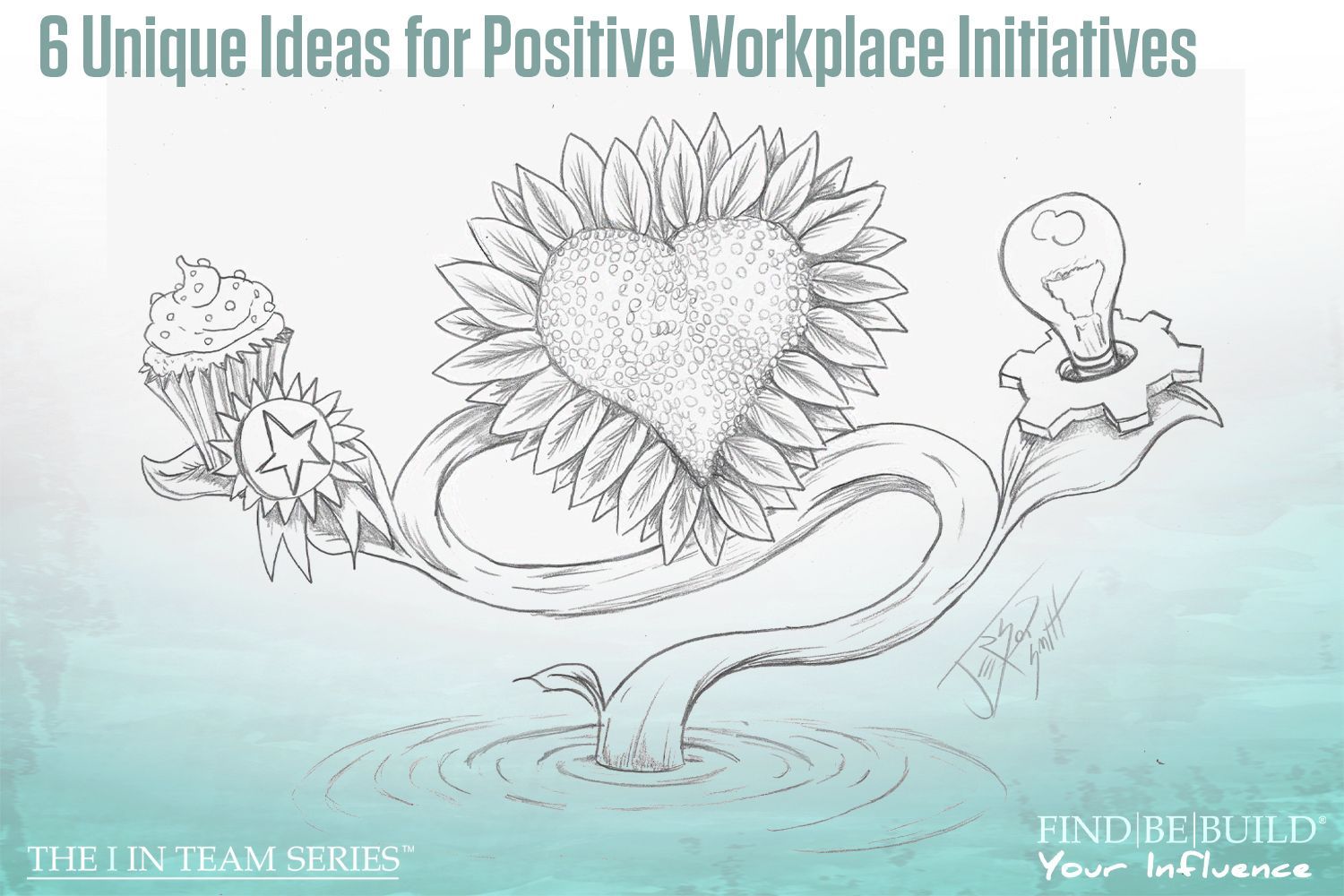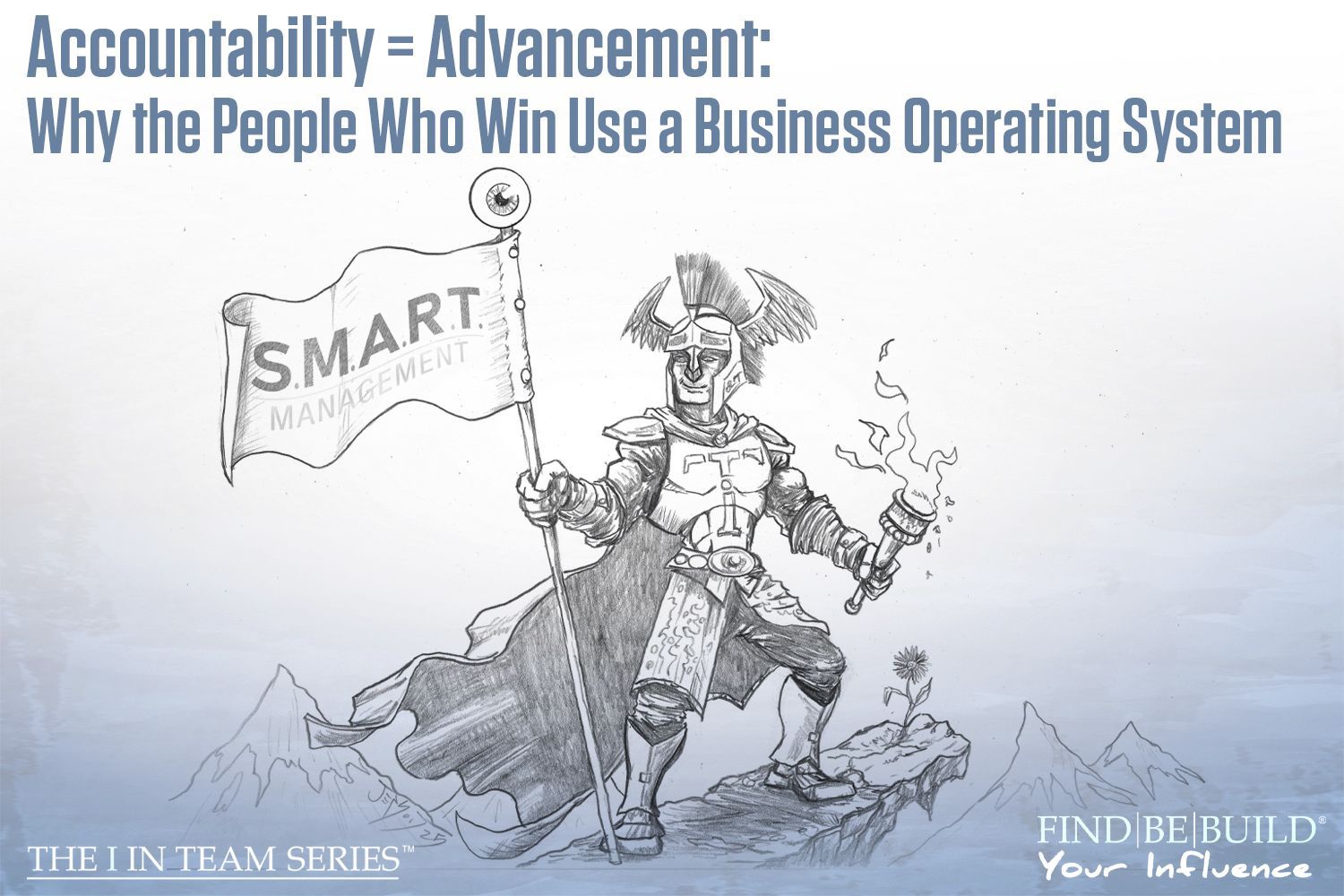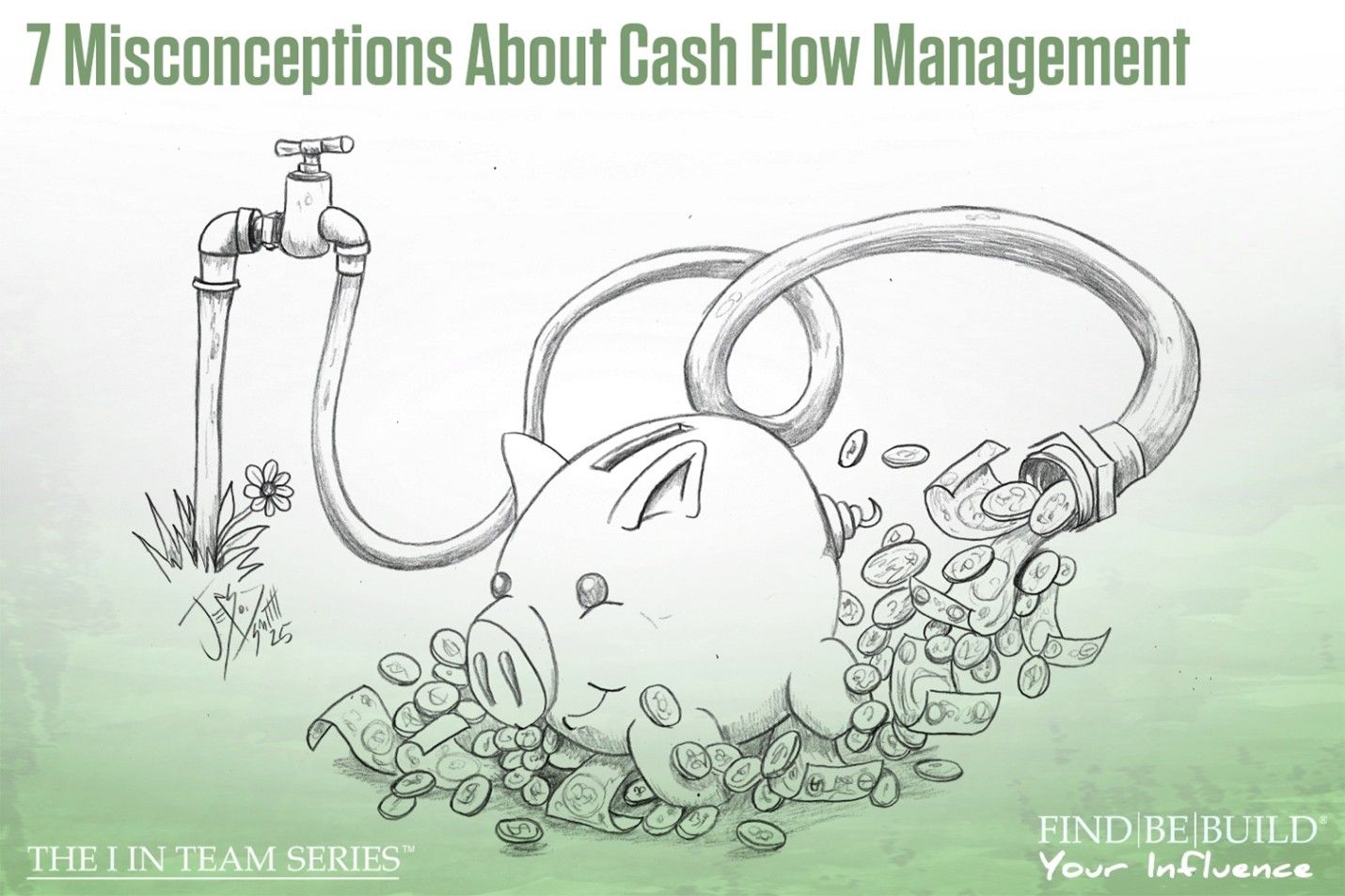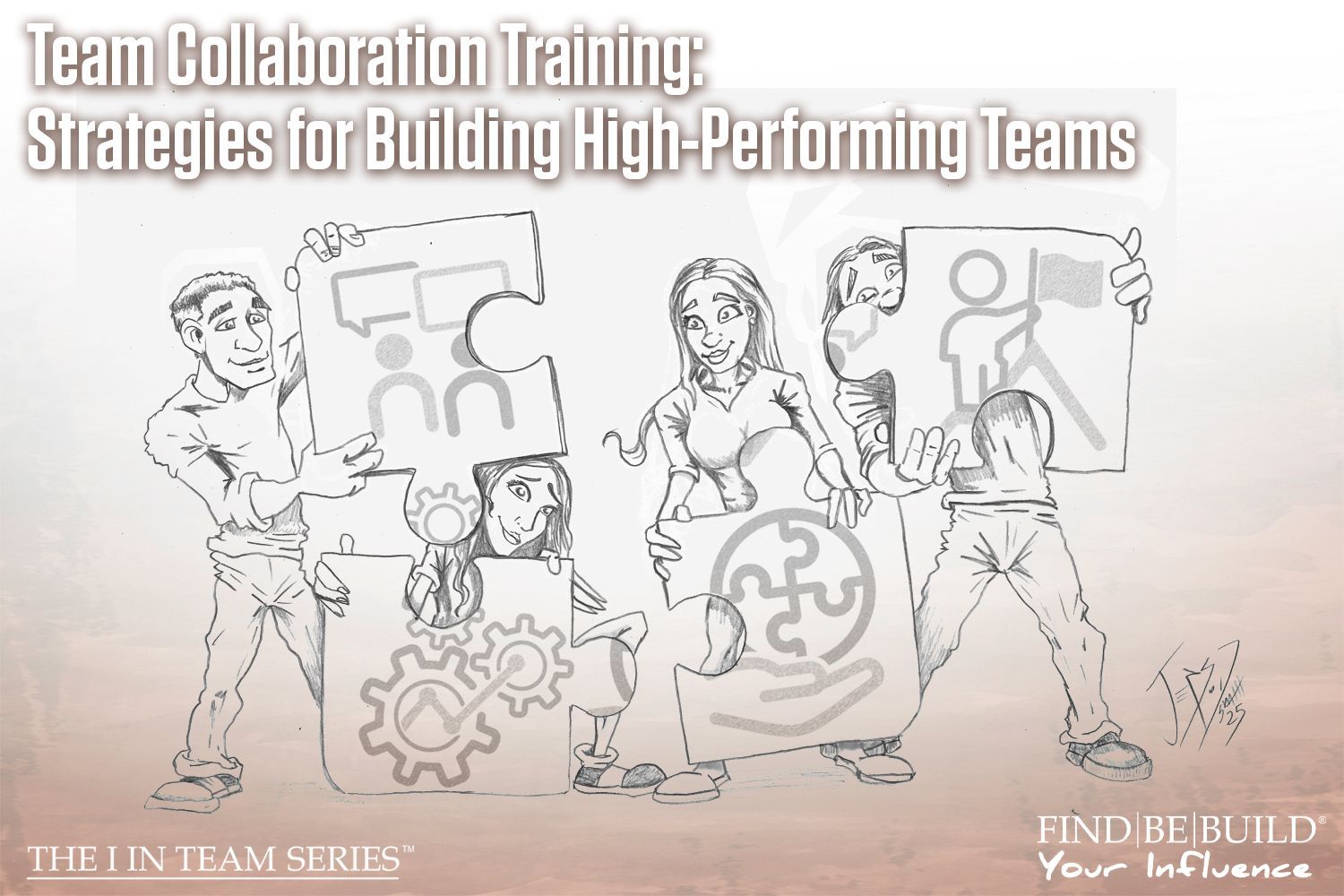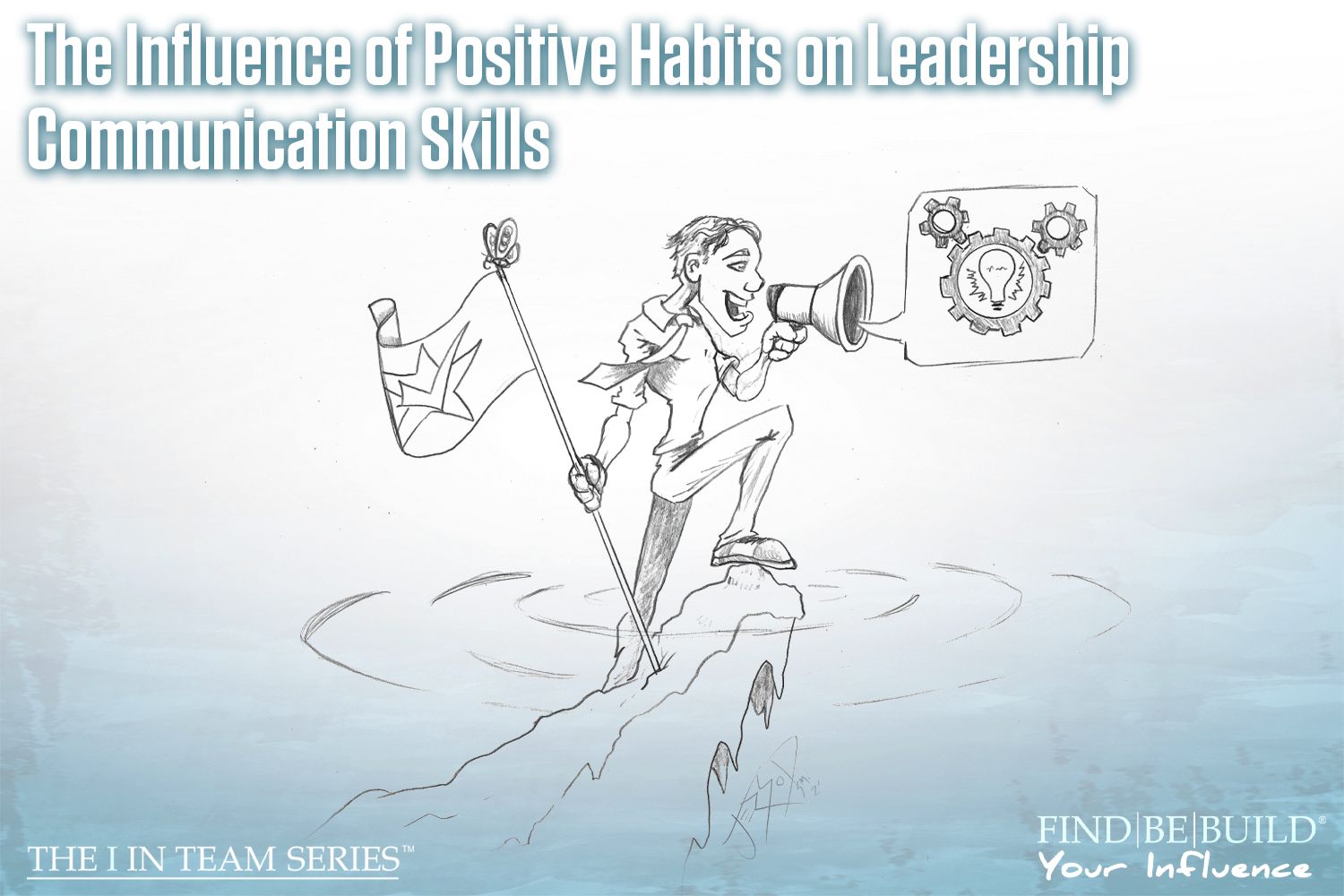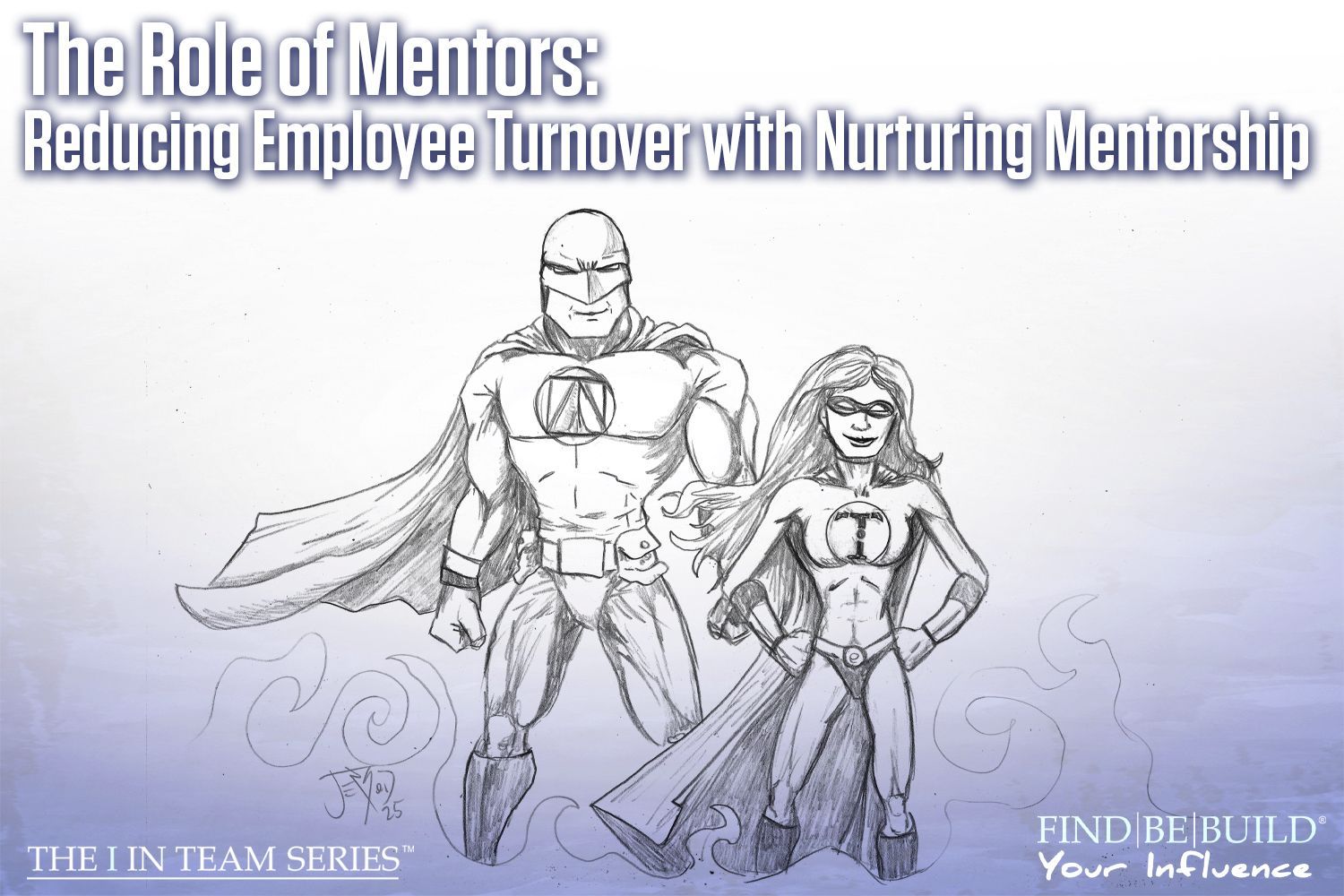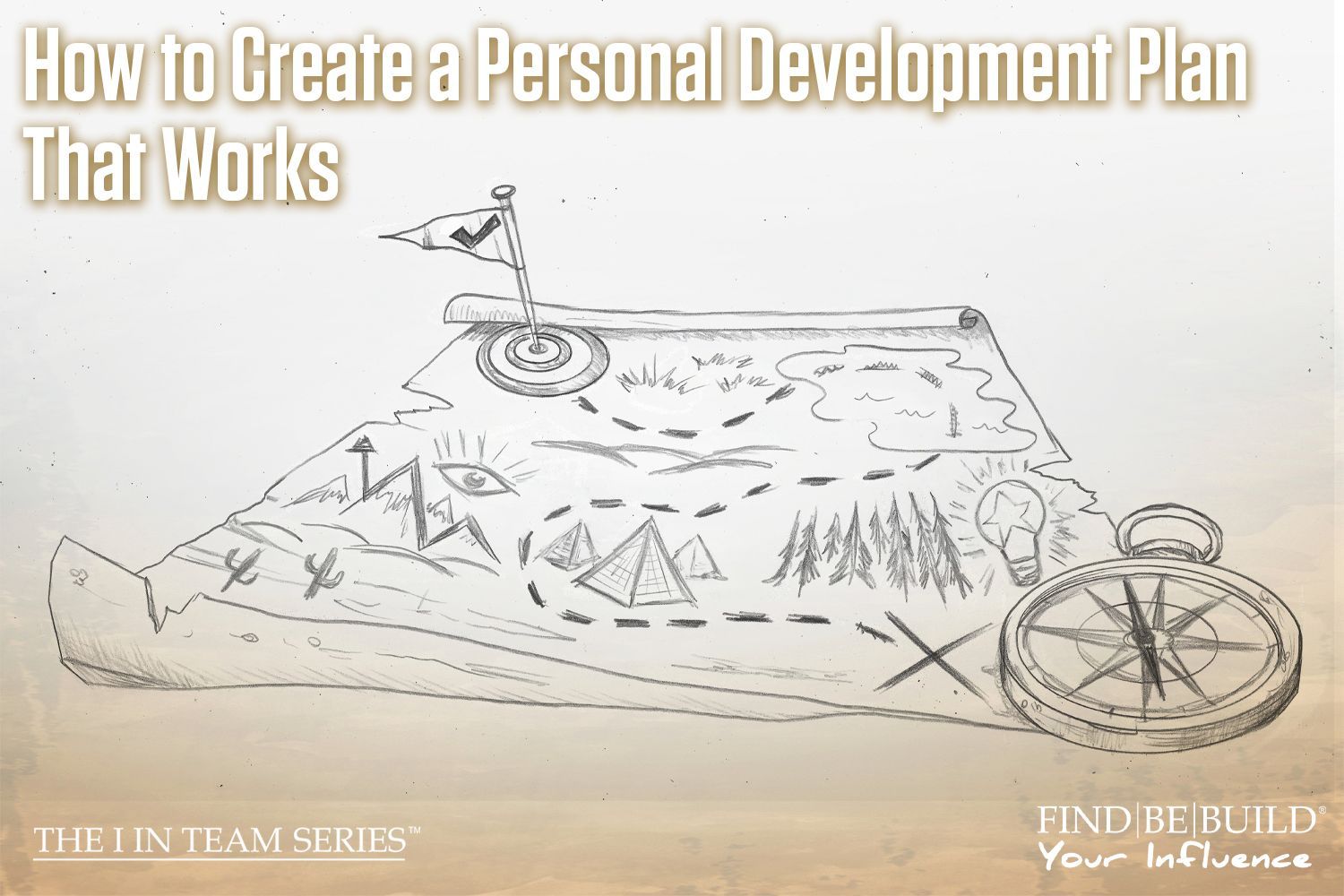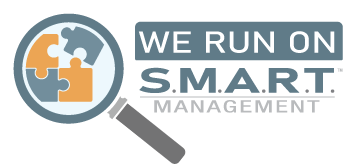Cultivating patience in an immediate gratification world
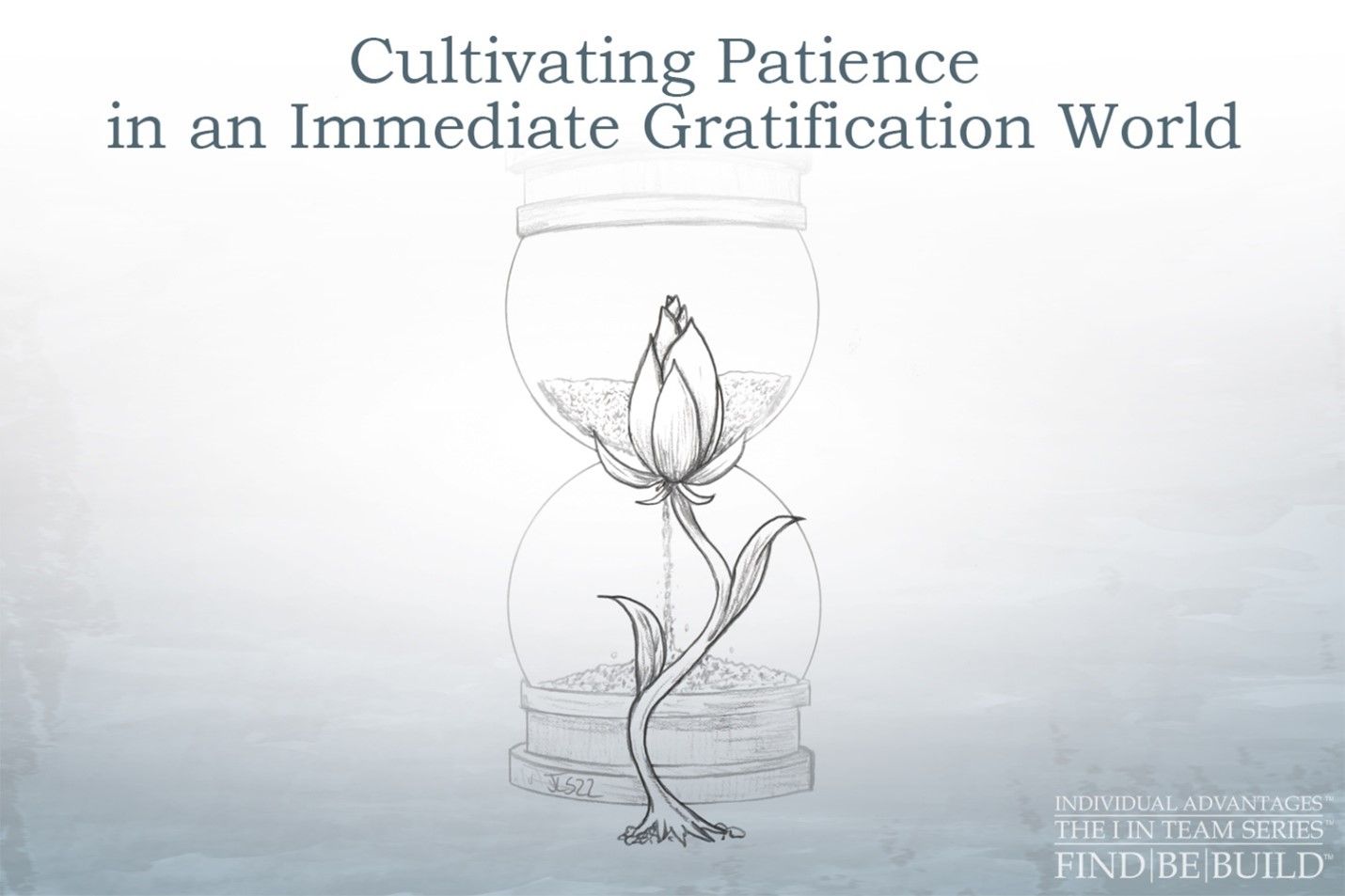
Business consulting patience strategies
Hi, team! It’s your friend, Mary, with The I in Team series where you can find, be, and build your positive influence. For some time, I’ve been thinking about what it means to be patient in an ever-changing world and how our privilege with access to technology can make us feel more impatient as we begin to demand more to feel gratified. While the tools we use can be great for helping us be more productive, I wonder if they also make us believe that things can happen quickly regardless of if you’re using technology or not. Patience is a virtue as impatience can lead to poor judgment, irrational behavior and decision making, and having a pessimistic view of the world and others. If you feel your patience waning, you can work to give yourself peace.
What is Patience?
Patience, in the most basic terms, is the ability to endure without succumbing to negative emotion or intent. This looks different for everyone because what one may find difficult to endure, another may thrive. Nonetheless, patience is when you (from your perspective) can wait without becoming annoyed, stressed, or angry. While some may feel that patience is automatic, it is not. You control your patience through your thoughts and what you choose to become attached to. You can certainly grow your ability to be patient.
Growing Patience
One of the best ways to grow your patience for others or situations is to consider other perspectives. For example, when you begin to grow impatient because your partner is running late for dinner, or the line at the grocery store isn’t moving, try to step outside of your perspective and consider the moment from another perspective. Your partner may be late because their car broke down or they had to wait for their manager to sign off on something. The line at the store may be long because there is a new cashier training and they didn’t expect the store to be so busy. When you can reframe your experience and consider other possibilities, it’s easy to feel patient for things that you can’t control. This comes with a little emotional intelligence, empathy, and compassion.
Two other great methods to practice growing patience are to be mindful and show gratitude. Practicing mindfulness can aide in your ability to see other perspectives, but it can also make you less impulsive as you become more aware of your mind in the present moment rather than allowing a negative emotion, like anger, sweep you into feeling impatient. If you identify impatience setting in, take a few long, deep breaths to calm your nervous system. Additionally, you can practice distracting your mind by showing gratitude. Instead of focusing on what is going wrong and irritating you, focus on what is going or has gone right and feel thankful.
Your Health and Patience
Cultivating patience comes with a variety of health benefits, some are long term while others can be felt immediately. Those who are patient usually experience better mental health. This makes sense because feelings of anger, resentment, or annoyance often accompany impatience. Aside from many of these negative emotions increasing your blood pressure and cortisol levels (stress hormone), experiencing these negative emotions that often come with impatience can disrupt your mood for days, weeks, or even longer depending on how often you become impatient or ruminate on that experience.
Other research has found that impatience can lead to a number of not-so-fun bodily symptoms, including but not limited to: acne, headaches, and ulcers. This is because impatience, as mentioned, usually creates cortisol which can lead to these symptoms, prevent a good night’s sleep, and weaken the immune system. This becomes a vicious cycle as those who are dealing with cortisol, lacking sleep, or feeling sick are more likely to be less patient (and who can blame them!). It’s not fun to not feel good or to feel stressed out, but that’s what makes it more important to work to get ahead of the curve before it gets to a point where you are burnt out and have difficulty cultivating patience.
As with all habit building, the goal is not to be perfect right away but to make incremental steps to being and feeling better. If you are regularly impatient, consider where you are impatient the most and start practicing there. Many people have road rage and become impatient while driving, and this is a great place to practice seeing from another perspective. Slow down, breathe, be mindful, and remain present to cultivate patience. Your body and mind will thank you.
